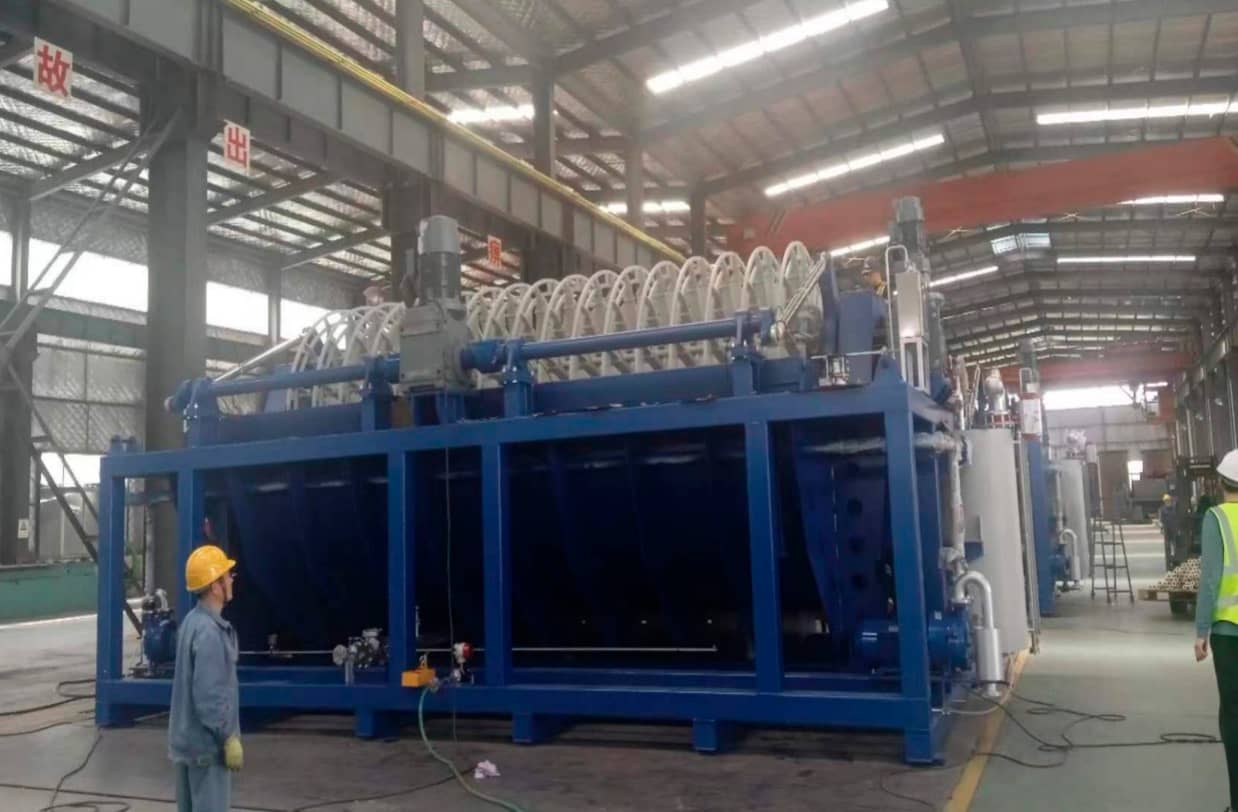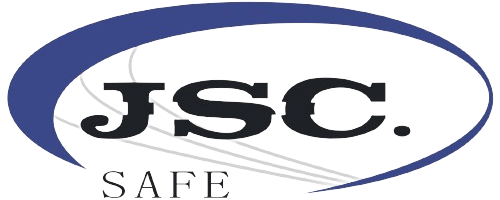The Role of Pre-Shipment Inspection in Ensuring Quality and Compliance
In the realm of international trade, the role of pre-shipment inspection is of paramount importance. It serves as a safeguard, ensuring that goods meet the required standards before they embark on their journey across borders. This comprehensive process plays a multifaceted role, impacting various stakeholders and influencing the success of trade transactions.

Pre-shipment inspection acts as a quality control mechanism. It provides an opportunity to thoroughly examine the goods in question, assessing their physical attributes, workmanship, and overall quality. By doing so, it helps detect any potential defects or imperfections that might otherwise go unnoticed. This not only protects the interests of the buyer but also safeguards the reputation of the seller. A positive inspection outcome instills confidence in the quality of the products, enhancing the buyer’s trust and satisfaction.
Furthermore, pre-shipment inspection is crucial for ensuring compliance with relevant regulations and standards. Different countries have their own sets of rules and requirements, and it is essential to ensure that the goods adhere to these norms. This includes aspects such as safety standards, environmental regulations, and labeling requirements. Non-compliance can lead to delays at customs, fines, and even the rejection of the shipment. By conducting a pre-shipment inspection, businesses can identify any potential compliance issues in advance and take appropriate measures to rectify them, avoiding costly disruptions and penalties.
For the buyer, pre-shipment inspection offers peace of mind. It reduces the risk of receiving goods that do not meet their expectations or fall short of the agreed-upon specifications. This is particularly important in industries where product quality is critical, such as electronics, automotive, or pharmaceuticals. A thorough inspection allows the buyer to have a clear understanding of the condition of the goods before they take ownership, enabling them to make informed decisions and plan accordingly. It also minimizes the chances of unexpected issues arising after the goods have been received, saving time and resources in the long run.
On the seller’s side, pre-shipment inspection can have a positive impact on their business. It demonstrates their commitment to quality and professionalism, enhancing their credibility in the market. A successful inspection report can be used as evidence of their product’s quality, which can be beneficial in attracting new customers and maintaining existing relationships. Additionally, it can help avoid disputes and claims from buyers, reducing the potential financial and reputational damage that may occur due to quality-related issues.
The role of pre-shipment inspection also extends to logistics and supply chain management. It provides valuable information about the goods, allowing for better planning and coordination of the shipment process. Inspectors can assess the packaging and handling requirements, ensuring that the goods are properly protected during transportation. This helps minimize the risk of damage or deterioration, ensuring the goods arrive at their destination in optimal condition. Moreover, a detailed inspection report can assist in optimizing storage and handling procedures, further enhancing the efficiency of the supply chain.
In addition to the direct benefits for buyers and sellers, pre-shipment inspection has wider implications for the economy as a whole. It contributes to the smooth functioning of international trade by reducing uncertainties and risks. When businesses have confidence in the quality and compliance of the goods they are trading, it encourages more trade activity and promotes economic growth. It also helps maintain a level playing field, as all participants are subject to the same inspection standards, ensuring fair competition.
The process of pre-shipment inspection involves a series of steps. Typically, an independent inspection agency or professional inspector is engaged. They conduct a physical examination of the goods, using various techniques and tools to assess their quality and compliance. They may also review relevant documentation, such as specifications, test reports, and certificates. The inspector then prepares a detailed report, documenting their findings and providing an overall assessment.
However, it is important to note that pre-shipment inspection is not without its challenges. One of the main challenges is the coordination and cooperation between different parties involved in the trade process. Ensuring that the inspection can be carried out smoothly, with access to the goods and relevant information, can sometimes be a hurdle. Additionally, the cost of pre-shipment inspection can be a consideration for some businesses, especially smaller ones. Balancing the benefits and costs of inspection is an important decision that needs to be made carefully.
In conclusion, the role of pre-shipment inspection in international trade is undeniable. It acts as a guardian, ensuring the quality and compliance of goods, protecting the interests of buyers and sellers, and contributing to the smooth operation of the supply chain. While it presents some challenges, the advantages it offers far outweigh the potential drawbacks. As the global marketplace continues to evolve, the importance of pre-shipment inspection is likely to remain significant, providing a crucial layer of protection and assurance in the world of international trade.
Learn more Successful Arctic module fabrication, steel structure, modular and skid, steelwork, supplier audit, DNV Class, Oil & Gas, welding supervisor, welding quality inspection, CWI CSWIP welding inspector, pump and pipe, stainless steel fabrication and CNAS ISO 17025 9712 NDT NDE practice via below-
https://www.jsc-safe.com/steel-structures-modules-machining/
